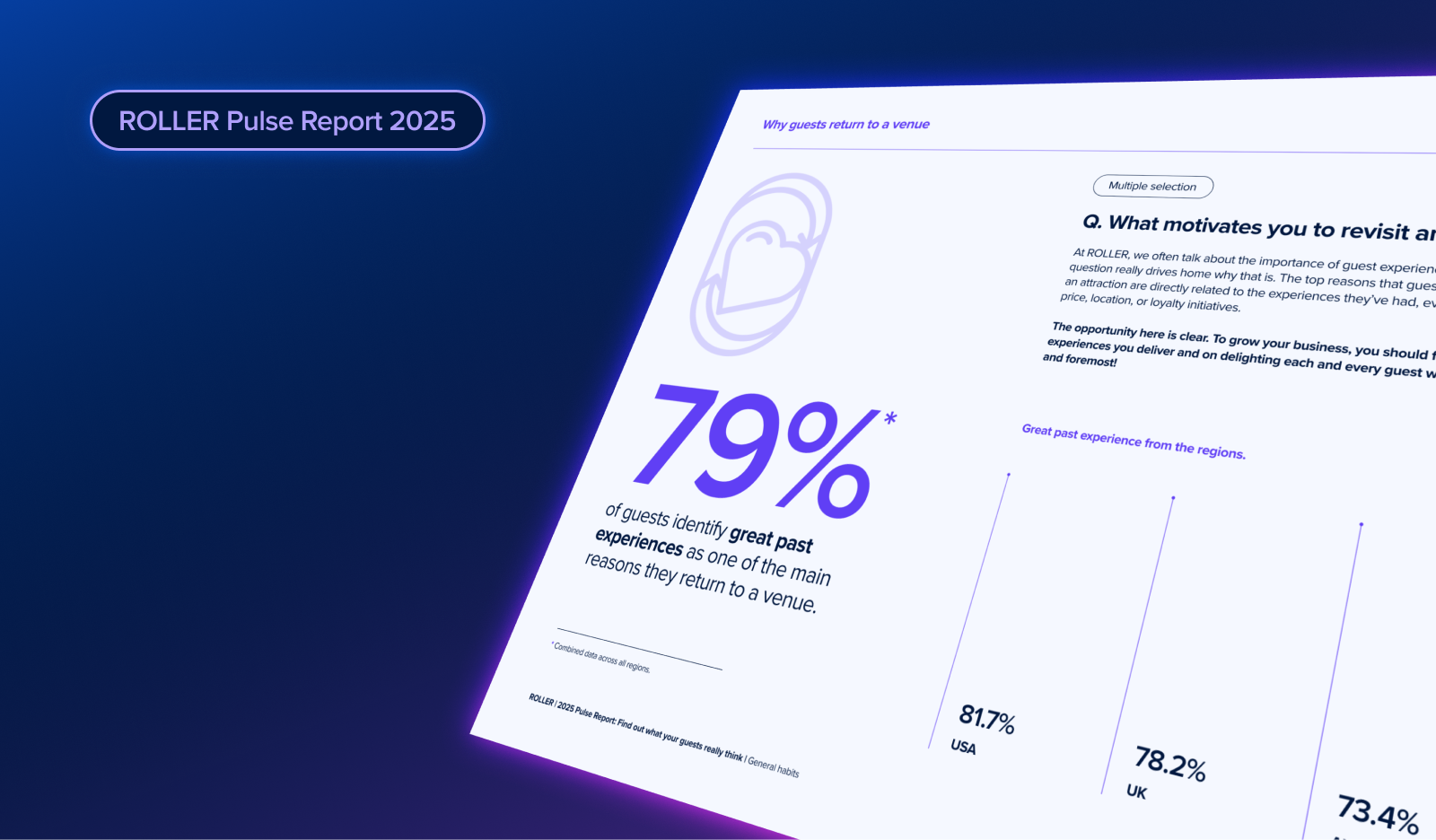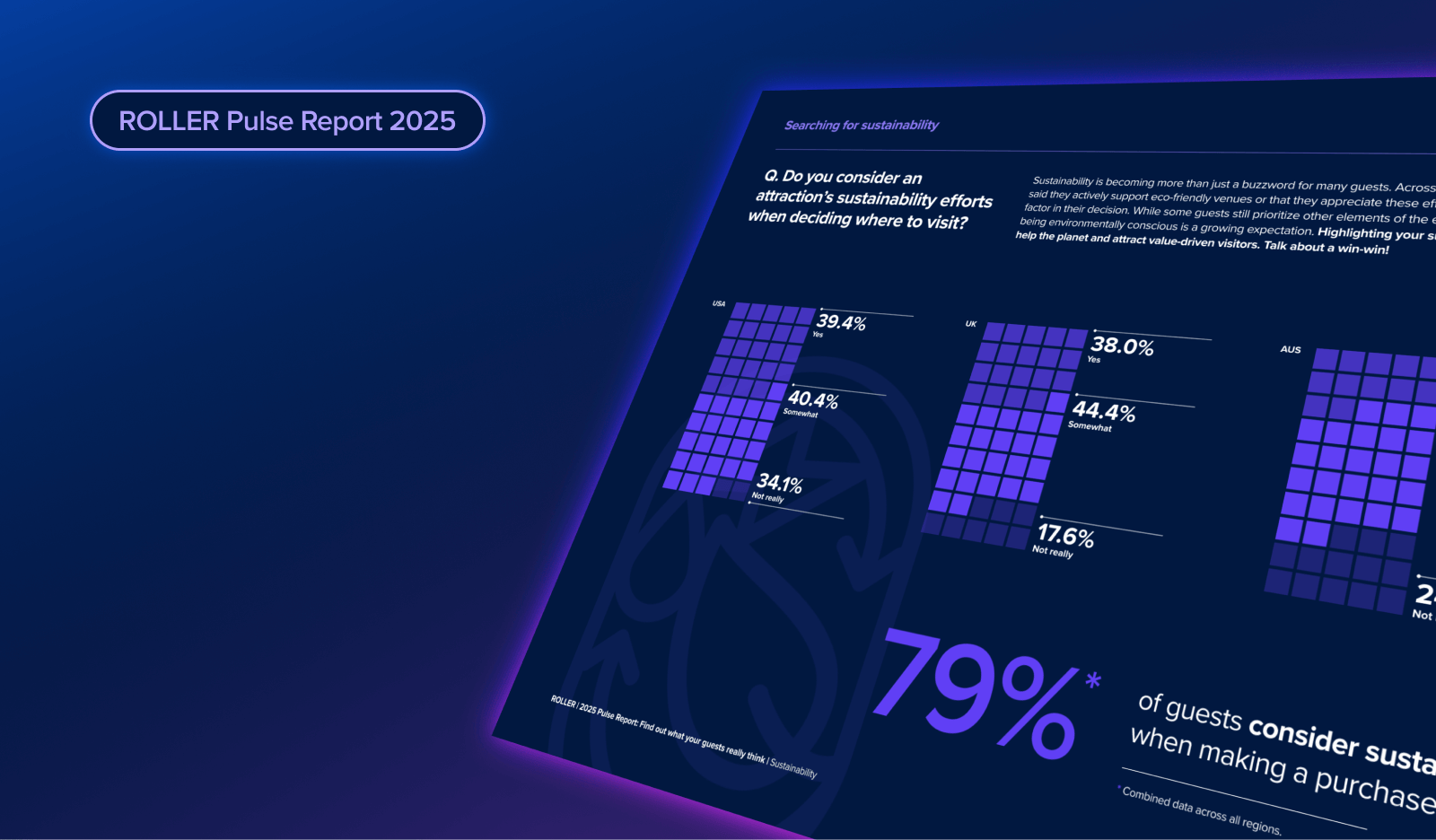
Are you looking to save more time resolving guest issues so you can focus more on leading your team and managing your operation? Do you want guests to be satisfied more quickly when they have a concern and create a more fulfilling workplace for your staff? And lastly, do you want to eliminate the phrase “let me get my manager” from your staff’s vocabulary?
All of that can be done by effectively empowering your employees, but just that concept alone can send a shiver down some managers’ backs as it can often bring up many concerns. If you are worried about the ramifications of letting your staff have more control, read on.
Here are six frequently asked questions on employee empowerment with guidance on the best practices of providing your staff with the necessary tools to serve your guests.
Why is employee empowerment important?
Empowering your employees allows you to take your guest experience to the next level. It is much easier to require employees to either ask for permission or to involve a manager when trying to resolve an issue or help a guest, but it doesn’t benefit the staff member, the leadership, or the guest. The guest needs to wait longer, the employee’s routine is disrupted, and the manager is interrupted from other duties. Not only does empowering your employees provide better service, it’s more efficient for your operation.
What are the benefits to empowering employees?
Think about the last time you needed to call a customer service line, had an issue, and were told, “let me get my manager.” Then you waited on hold for an extended period of time for the manager to come on and ask you to explain your issue again. Even if your issue was resolved to your satisfaction, how much better of an experience would it have been if the employee who first took the call was able to own the situation and turn it around for you? You would have been happier, the employee would have been happier, and the manager would have been happier. By getting to the resolution quicker, there are fewer disruptions to the operation, and a staff member feels more fulfilled in their job because they are seen as a problem solver.
What tools should employees have?
The short answer is “whatever it takes” to make the guest satisfied. This is a great philosophy, but sometimes can be difficult to create a concrete strategy that surrounds it. As a starting point, recognize that employee empowerment, and service recovery in general, is a larger conversation than asking what they are able to give away for free. Offering something complimentary is a component of service recovery, not recovery in its entirety. Your frontline staff must be aware that they have permission to correct an issue as it comes up without needing to get approval from a manager.
At a minimum, your staff should be trained on the LAST model of service recovery.
What limitations should leadership place on employee empowerment?
This is where your “whatever it takes” philosophy is followed by “within reason.” Once trained on the LAST model, your staff should be provided with examples for common complaints that they can expect to encounter, and offer the best recommended solutions and actions that they can take. The limitations that you should set are ultimately up to you, and the way to find the answer is to ask, “What will allow our frontline employees to do whatever it takes to resolve a guest’s issue without negatively impacting the business?” Then, align your recovery tools by prioritizing what can be given away without financial consequence, or even better, compensation that actually makes you money.
If you still need to set an actual limitation, take a page out of Ritz Carlton’s book. Ritz Carlton empowers employees to spend up to $2,000 per guest without question. While $2,000 may not be the magic number for your business, consider what it will take to salvage the lifetime value of your guests, and you may find that even $2,000 is not as outlandish as it may seem.
What if employees don’t feel comfortable with the power they’re given?
That’s okay. Sometimes employees may feel shy when it comes to service recovery, or even uncomfortable with dealing with a difficult situation. It takes time, practice, and ongoing coaching to create a service provider who finds joy and fulfillment in the power that they’re given to create a meaningful experience. To bolster their comfort level, take it one step at a time, and assure the staff that not only will they not get in trouble for resolving an issue, but that they are encouraged to recover from service failures as they come up. Walk them through the process of service recovery as often as needed, practice through role play initiatives, and observe them in the moment so you can comment on their process and make suggestions for improvement.
How can leadership prevent employees from taking advantage of their empowerment?
First, take a look at the tools and parameters that your staff have and what they are empowered to do. If the majority of your service recovery solutions allow your staff to create “wow” moments that go beyond what the guest expected, go beyond the employee’s job duties, cost little or nothing to implement, and don’t disrupt any other guest’s experience, you won’t have much to worry about. If it involves refunding money, offering free food and beverage, or complimentary tickets for the future, then it is highly recommended that you document, document, and document some more. Formalize the process of tangible compensation that requires the employee to indicate when and why they are giving something away for free or refunding money, how much it cost, and if it is provided immediately or on a future visit. Tie that documentation back to the employee so you can identify any trends that may arise if the employee is stepping beyond their level of empowerment.
You might find though, that these instances are less frequent than you might expect.
Empowering your employees shouldn’t turn your business into a free-for-all. It is a highly organized part of your operational process that benefits your guest experience, your employee experience, and your business as a whole.
Related articles

.png)
What the 2025 Pulse Report Reveals About Guest Booking Behavior at Attractions

2025 Pulse Report: How Sustainability Is Shaping Guest Expectations
Enhance your guest experience
Get free education, tips and inspiration to help you run a successful venue.